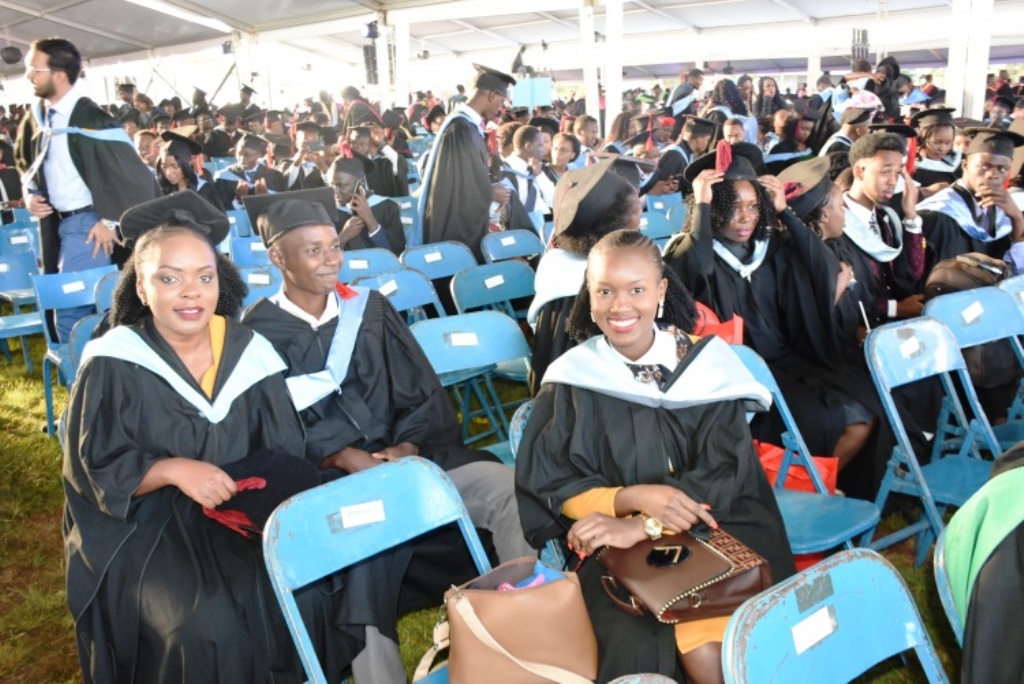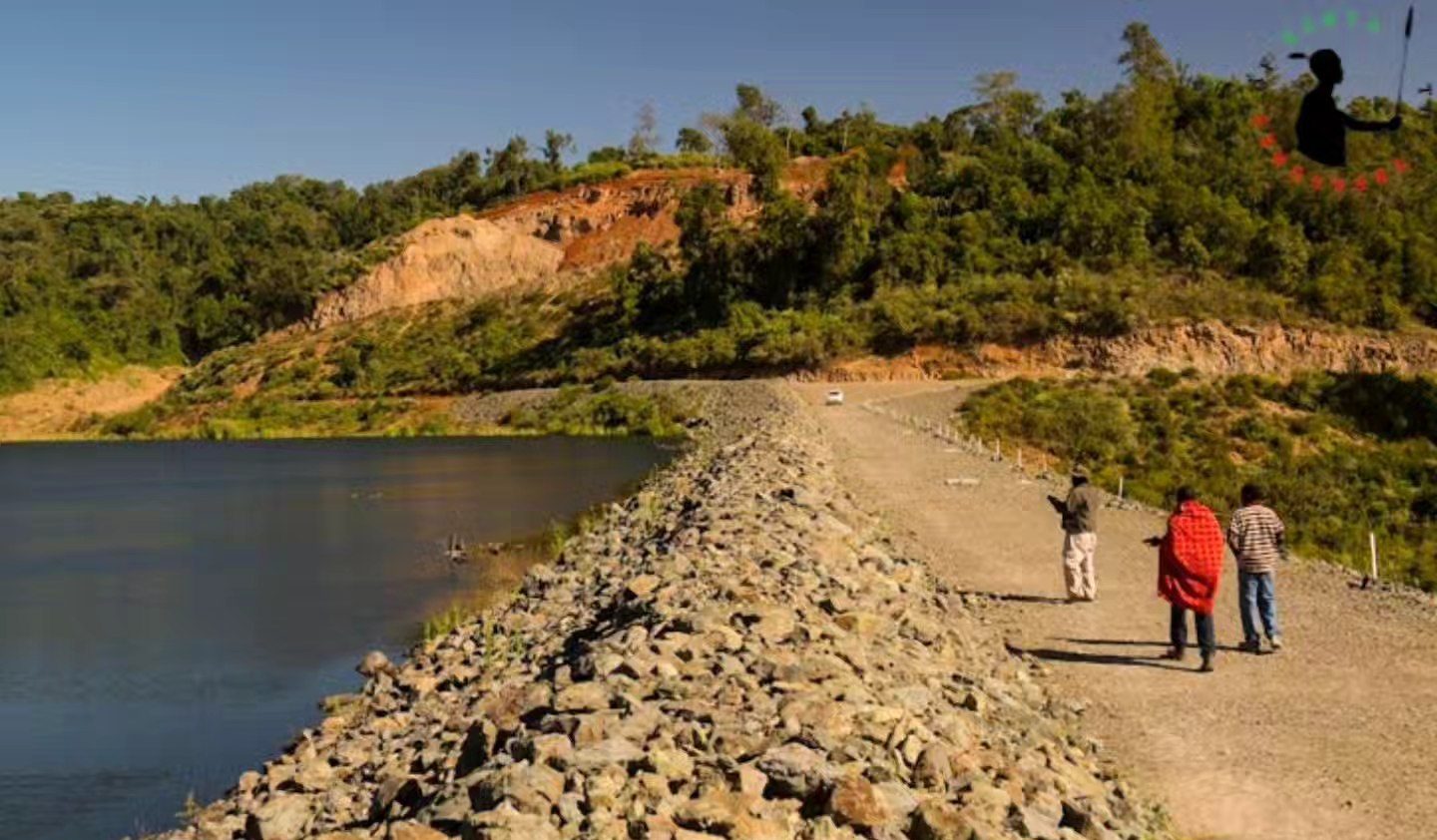The journey toward global excellence begins with a comprehensive assessment of a university’s current state. This involves reviewing academic programs, faculty qualifications, research output, governance structures, infrastructure, and student outcomes. Benchmarking against top global universities helps identify strengths, weaknesses, and opportunities for improvement.
Based on this audit, universities should articulate a strategic vision by setting ambitious yet achievable goals, such as inclusion in top global rankings within ten years. Engaging stakeholders—including faculty, students, alumni, industry partners, and government officials—is critical at this stage to ensure buy-in and create advisory committees to guide sustainable change.
However, realising this vision is hindered by multiple factors, including limited funding, weak research infrastructure, outdated curricula, and administrative bottlenecks. Without addressing these systemic challenges, even the most ambitious plans may struggle to take off.
Curriculum Modernisation and Teaching Excellence
World-class status requires universities to revise and modernise curricula, integrating interdisciplinary approaches, practical skills, digital literacy, and entrepreneurship. Students must engage in project-based, experiential, and blended learning.
Yet, progress is often slowed by faculty shortages, skills gaps, and outdated teaching methods. Brain drain—where highly qualified academics leave for better-paying opportunities abroad—further exacerbates the problem. Continuous professional development and recruitment of internationally experienced faculty are therefore essential.
Research and Innovation
High-impact research and innovation are pillars of global competitiveness. Universities need specialised research centres, competitive funding, mentorship programs, and strong international collaborations. Promoting patent development and the commercialisation of research ensures that innovations contribute to national and global development.
Currently, many institutions face weak research capacity, low publication rates, and limited access to modern labs and equipment. Addressing these limitations is critical for producing research that can compete globally.
Infrastructure and Technology
Modern facilities and technology are essential for academic excellence. Universities must invest in bright lecture halls, laboratories, libraries, and digital learning platforms, alongside reliable internet connectivity. Access to global academic databases ensures that students and faculty remain current.
READ ALSO:
KESSHA outgoing Vice Treasurer mourns Raila, urges leaders to emulate his selfless leadership
However, inadequate infrastructure and limited technological resources remain major obstacles. Overcrowding, poorly maintained labs, and outdated digital tools prevent the effective delivery of world-class education.
International Collaboration and Accreditation
Global recognition requires active international engagement, including student and faculty exchange programs, joint research projects, and dual-degree offerings. Accreditation from international bodies ensures programs meet global standards and enhances visibility.
Limited international partnerships, low participation in global rankings, and scarce exchange opportunities hinder many universities. Strategic global collaborations are needed to overcome these barriers.
Industry Engagement and Graduate Employability
To ensure graduates are career-ready, universities must strengthen industry partnerships. Internships, applied research initiatives, and mentorship programs help students gain practical experience. Academic programs should align with evolving labour market demands.
At present, weak industry linkages and limited commercialisation support prevent graduates from fully benefiting from university training. Enhancing partnerships with the private sector and government can bridge this gap.
Governance, Quality Assurance, and Sustainability
Strong governance underpins excellence. Universities require transparent leadership, robust quality assurance mechanisms, and sustainable financing. Student and faculty feedback should inform decisions, ensuring programs remain relevant.
Yet, bureaucratic delays, insufficient autonomy, and weak quality control continue to slow reforms. Without addressing these governance challenges, long-term institutional transformation remains difficult.
Holistic Student Experience
A world-class university emphasises a holistic student experience, incorporating counselling, mentorship, healthcare, leadership development, and extracurricular activities. Civic responsibility, ethical behaviour, and global citizenship should be cultivated.
However, high student-to-faculty ratios, limited exposure to global opportunities, and socioeconomic barriers can compromise student development. Overcoming these challenges ensures graduates are well-rounded and globally competent.
Expected Outcomes
By systematically addressing these challenges and following this 10-year roadmap, Kenyan universities can achieve:
Global recognition through rankings and international partnerships.
High-impact research output and innovation.
Highly qualified faculty with international exposure.
Graduates are equipped with strong employability, entrepreneurial skills, and global competencies.
Modern, sustainable infrastructure and integrated digital platforms.
A vibrant, holistic student experience fostering leadership, ethics, and civic responsibility.
Conclusion
Transforming a Kenyan university into a world-class institution requires phased, multi-dimensional efforts over a decade. While funding limitations, weak research capacity, faculty shortages, outdated curricula, and governance challenges pose significant hurdles, these can be overcome through strategic planning, investment, international collaboration, industry engagement, and continuous evaluation. With sustained commitment, universities can emerge as centres of knowledge, innovation, and leadership, producing graduates ready to contribute to national and global development.
By Hillary Muhalya
You can also follow our social media pages on Twitter: Education News KE and Facebook: Education News Newspaper for timely updates.
>>> Click here to stay up-to-date with trending regional stories
>>> Click here to read more informed opinions on the country’s education landscape
>>> Click here to stay ahead with the latest national news.






